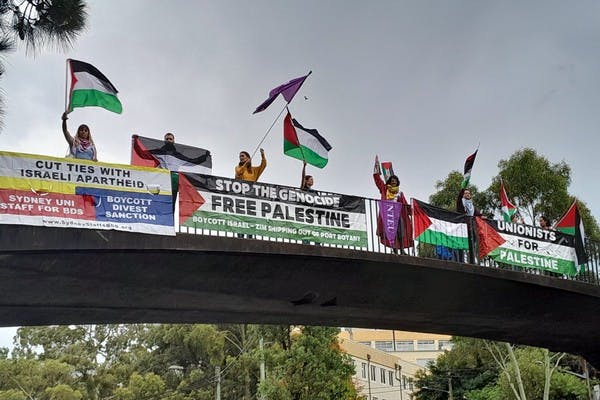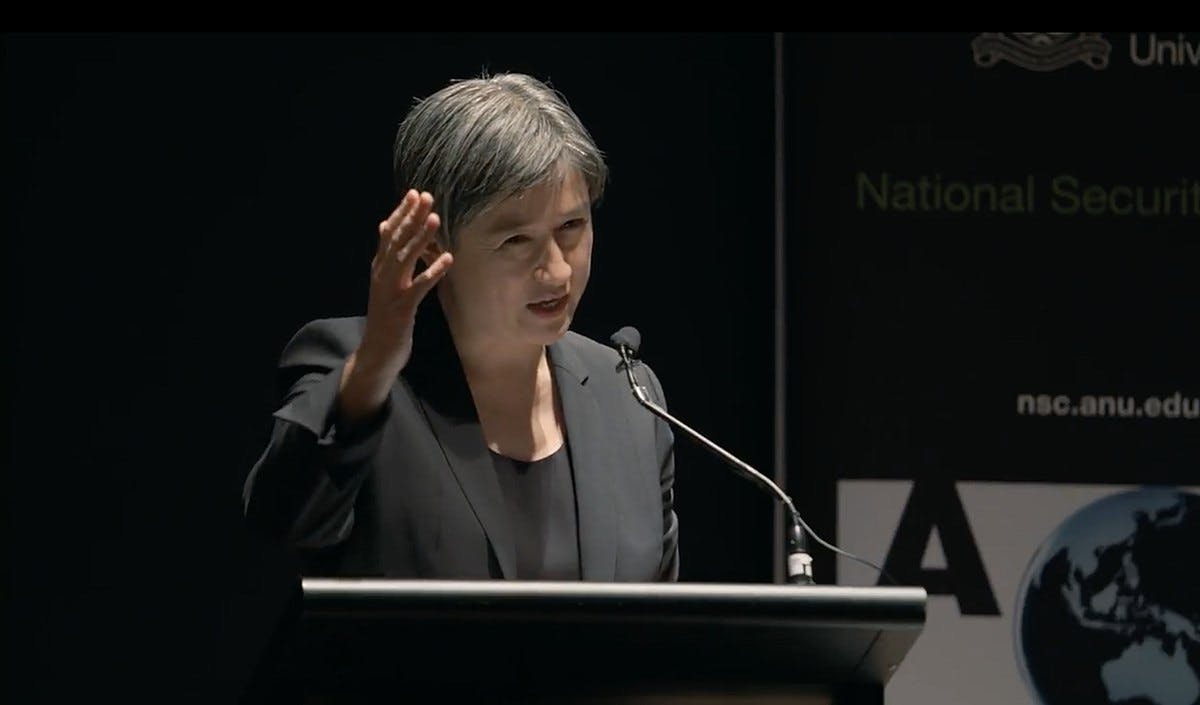Published: 19 April 2019
Last updated: 4 March 2024
But the headline, Labor courts Jewish vote with $5 million feasibility study, was simplistic, if not downright misleading.
For a start, the proposal has nothing to do with the “Jewish vote”. Mt Scopus has been campaigning to make this move for four years. It’s also a development that might result in Deakin University buying Scopus’ Burwood campus. Alternatively, it could see the Mt Scopus site being turned into a stop on the new Burwood rail route.
Under the plan, Mt Scopus will build a three-storey campus next to a redeveloped Caulfield Hospital, which has been neglected for many years. This will create a new hospital offering a state-of-the-art medical facility. The new Mt Scopus College will also have sports facilities such as ovals and tennis courts and a performance centre.
It is as much a story about a new hospital in Caulfield and the expansion of a university. The total cost for the three-way project, a major infrastructure development for Melbourne, will be hundreds of millions of dollars.
The announcement was made by ALP candidate for Macnamara Josh Burns, who put it on Labor’s election agenda. Burns became aware of the lobbying by Scopus two years ago when he was working as a policy adviser to Victorian Premier Daniel Andrews.
Burns said the plan had nothing to do with the Jewish vote. “This is not just about the Jewish vote, it’s about redeveloping the Caulfield Hospital, and this is a really important project. Every person’s vote is important,” he said.
“This is not just about the Jewish vote, it’s about redeveloping the Caulfield Hospital, and this is a really important project.
“There’s a long list of hospitals that need to be redeveloped, and my vision is to try and find a way to speed it up, and the feasibility study would look at bringing Mt Scopus on to the surplus site.
“Essentially, the plan is we redevelop the hospital on a portion of the site with a brand-new hospital and with the surplus land, we would enter into an arrangement with the school and other community organisations to access other parts of the site and help build the school.”
Nor was it about swaying people who are concerned about the ALP’s Israel policies. “I don’t think people need to be concerned with Labor’s Israel policies. Labor is a strong supporter of Israel and that will continue under a Bill Shorten-led government,” Burns said.
Burns’ assurance took on added resonance after Melissa Parke, Labor's candidate for the West Australian seat of Curtin, withdrew her candidacy on Friday, April 12, because of remarks she made about Israel and Palestine. It was reported that Parke told a group of pro-Palestinian activists that Israel's settlements were akin to China's island-building activity in the South China Sea.
Labor’s proposed feasibility study is crucial to the plan because it will lend government support to the school’s development of a business plan, which it needs before it can press the green light. Although the study is essentially a Labor election promise, it is likely that Mt Scopus will have already talked to the Liberal Party about the plan and will keep lobbying if the Coalition retains power.
Burns said the study would work through putting a private school on public land.
“I understand the concept of selling off a piece of public land, but it’s not like it’s not going to be invested back into a piece of public asset,” he said. “We currently have old and outdated hospital assets. If we want this done in the next 20 years, we need to find ways to expedite it,” he said.
With parents paying more than $30,000 a year for a child at the Mount Scopus secondary school, the question is whether the school has the money for the construction of the new site after it gets the proceeds from the sale of Burwood, without it affecting fees.
Mt Scopus Foundation president David Gold said the feasibility study and the business case would look at delivering value for money and creating an important development for Victoria and the community.
[gallery columns="1" size="large" ids="27697"]
Gold said he began looking at the idea of making the school more efficient four years ago. Inefficiencies were built into the system; the school’s campuses and buses cost parents $2500-$3000 a child for one-hour trips twice a day.
Gold said the first thing the foundation did was create a master plan to redevelop the Burwood site. The cost: $70 million.
“From the foundation side, it would have been be a tough ask to raise that kind of money for the school in Burwood, especially with rising school fees, and affordability issues to be able to justify it to the community to spend that money on a building,” Gold said.
As a result, he approached Deakin at the time, initially to see if was interested in leasing some of the land or building joint facilities to fund the development costs.
It was interested in moving across, but discussions never reached a “heads of agreement”.
Gold started looking at the buses to reduce fees. “I thought if we could get rid of the buses and have one campus, that would bring down the school fees for our students over time. That was why we started to look at whether or not there could be some consolidation much closer to the centre of the community,” he said.
This led to discussions three-and-a-half years ago with Helen Shardey, chair of Alfred Health, which owns Caulfield Hospital.
As a result, Alfred Health, Deakin and Mt Scopus have spent the past few years n discussions with the Victorian and federal governments.
“This has been going on for a long time. I have been banging on doors. I don’t think there is any senior politician in Australia, either at federal or state level, that isn’t aware of our desire to get access to that site and relocate the whole school out to Caulfield,” Gold said.
“It’s been a very involved and drawn-out process. We’re not there yet, we still have a long way to go. The Premier has always been supportive. The challenge in government is that it has not been high on the priority list.” The feasibility study would ensure it gets accelerated and prioritised, he said.
The school education program director at the Grattan Institute, Peter Goss, said the “switch-mix” would not be an issue because the land at Burwood would be brought back into public ownership after Deakin relocated there.
He said there were other cases where public land had been sold to private schools or private hospitals, although this tended to happen in outer growth areas, and this was prime land that could be sold at market rates.
“I don’t have a fundamental problem with the idea that a non-market piece of transaction might take place if there are multiple sides of it and, if in aggregate, the public benefit and private benefits are commensurate,” Goss said.
“The value of the Burwood site is worth at least as much to the public. There should be no problem. Scopus would want its new site to be worth at least as much to itself. Therefore, you would expect a balanced negotiation.”
Photo: Mt Scopus College (school website)




